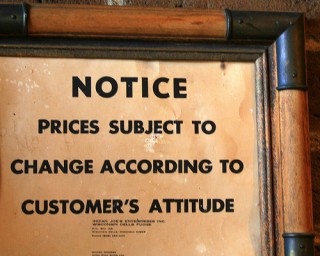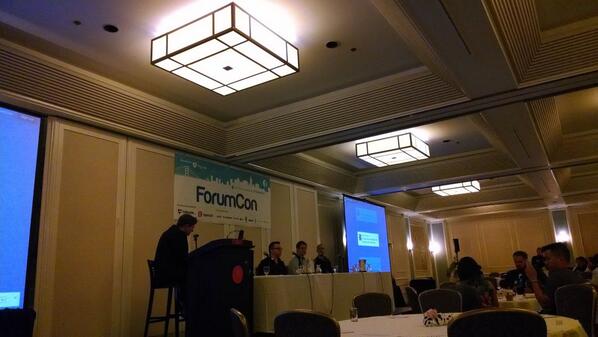The Washington Post wrote an interesting piece on the state of comments on the web in response to the current Kinja/Jezebel offensive comment issues. Their take: maybe it’s just not worth it to have comments. It’s a great discussion to have, and largely I think the article is thought-provoking.
However, I think they missed two points (though I don’t blame them).
1. Sometimes the comments are half the reason you visit a site
io9, which is also on the Gawker network with Jezebel, is probably the site I visit the most outside of Gmail. I’m a huge geek, and I love their articles…but I also like connecting with fellow geeks, learning random facts that even the editors don’t know, and sharing in the joy of fandom – all in the comments.
Without comments, io9 would survive. But because of the comments, they thrive. (They even have a regular open animated gif comment threads).
2. Some content can’t really exist without comments
Similar to my last point, but worth calling out separately.
Jezebel is a women’s site, but more relevantly a feminist site. They spend their days calling out and debating women’s issues. Can you imagine a site like that without comments? These sort of issues are an ongoing discussion, not a piece of news.
That said, I totally understand why the Washington Post missed these points. They largely publish news. People come to news sites for news, not comments. Often, comments can actually misinform the reader about news (which is why I understand science sites like Pacific Standard turning comments off). And there’s plenty of news that doesn’t really warrant comments – and often providing them can open a can of worms (I think it’s quite interesting how the New York Times only turns comments on for certain posts).
This is a very tough, very important debate to have. Turning comments off for some sites might make sense (though I would consider that a last resort). But let’s keep in mind that this is just not an option for some sites – and when comments are great, they’re incredibly valuable and even powerful.

